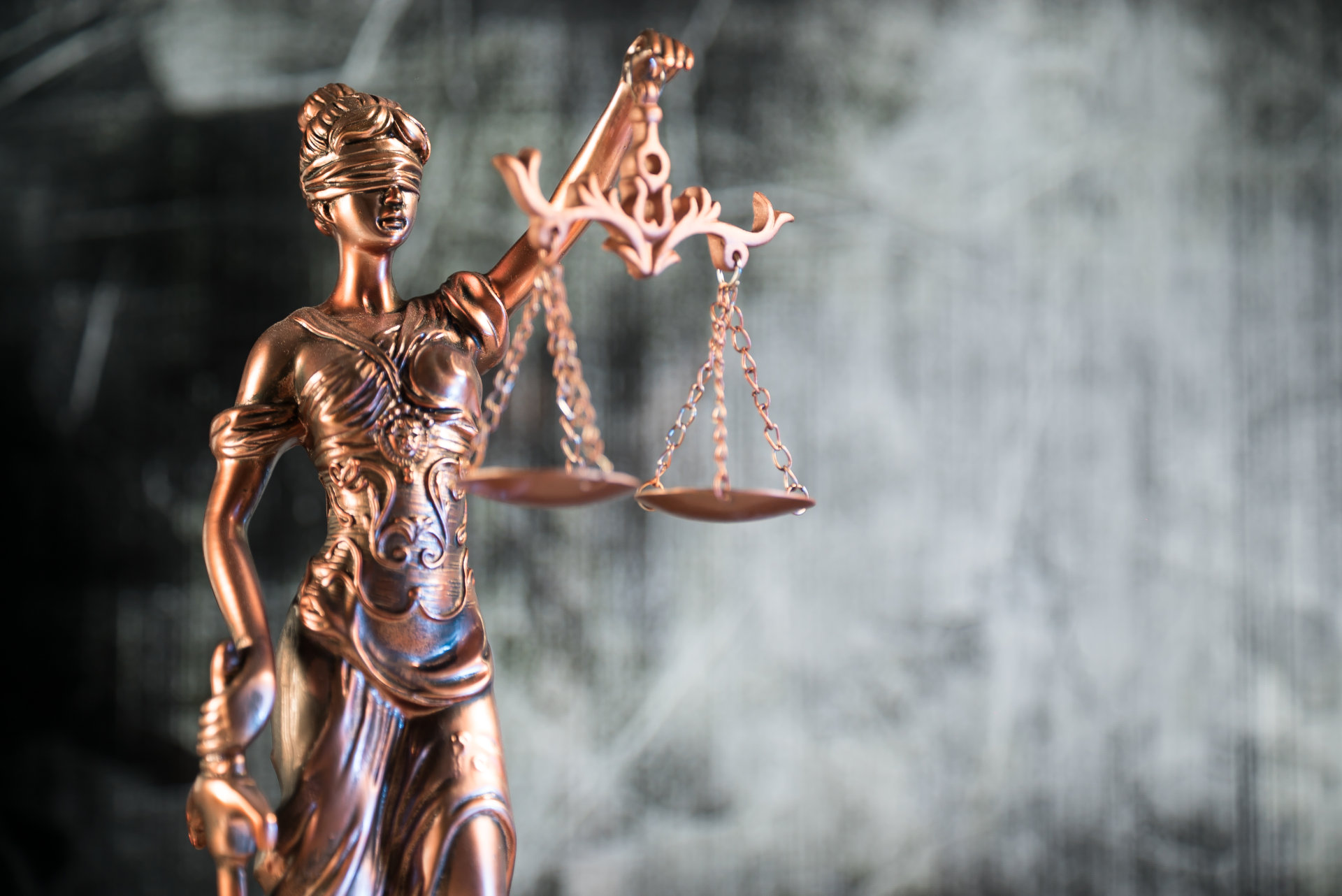Christian Ethics: Why Do You Believe What You Believe?
Pastor Scott - February 26, 2023
Many people have strong opinions about specific ethical issues such as abortion, euthanasia, capital punishment, universal health care and war. But do you know why you believe what you believe? On Wednesday evenings beginning on March 1 from 6:00-7:30 in the Forum, we are going to explore these ethical issues not so much from the standpoint of coming up with the best solution but figuring out the process by which you get to that conclusion.
Majority Rules: There will be those who look at the polls, see what the majority of people think and decide that is the best choice. After all, the majority of people cannot be wrong, right? The truth will bubble up to the service and reveal itself. Except that the majority of people at one time thought slavery was acceptable. Is that the way we make our decisions? Majority rules? The majority of people shouted out, “Crucify him, Crucify him!” Does that make it right?
The Greater Good: This argument believes that whatever means it takes to have the acceptable outcome is permissible. This thinking lead to the dropping of the atomic bombs in Japan, killing many women and children in order to hasten the end of World War II, thus saving many more (American) lives. Do the ends always justify the means? It was this thinking that lead the Nazis to exterminate the Jews in order to create (in their minds) the greater good of a superior race.
The Bible Says: The Word of God will not steer us in the wrong direction, right? So, we turn to scripture to determine the correct moral choice. Trouble is, when people do this, they often cherry pick those passages that affirm their moral decisions. Furthermore, many of the issues that we struggle with today were not addressed specifically in the Bible. It becomes a matter of interpretation.
Is It Legal?: Others will ask if an action is legal or illegal, with that determining its ethical stance. So, we don’t steal or murder, because it is illegal. Quite simple. But once upon a time, slavery was legal. Today, abortion is legal whereas before it was not. Just because something is legal, does that determine whether or not something is ethical?
Gut Feeling: Still others might just go with their gut. I can’t specifically articulate why, but this just seems wrong/right. This assumes an inner, moral compass that will not deceive us. But can ethical issues be so subjective that for one person it seems right and for another person it seems wrong—and both are right?
There are several more criteria that people use to make ethical decisions. This Wednesday evening class might frustrate you if you are looking for simple answers to complex questions. But if you are willing to go deeper into this complex, ethical issues and ask the question, “Why do I believe what I believe?” you will become better equipped with a process in dealing with all moral questions with a more solid foundation that just a feeling.
Come and be challenged.
Why do you believe what you believe?
Let’s talk,
Pastor Scott

